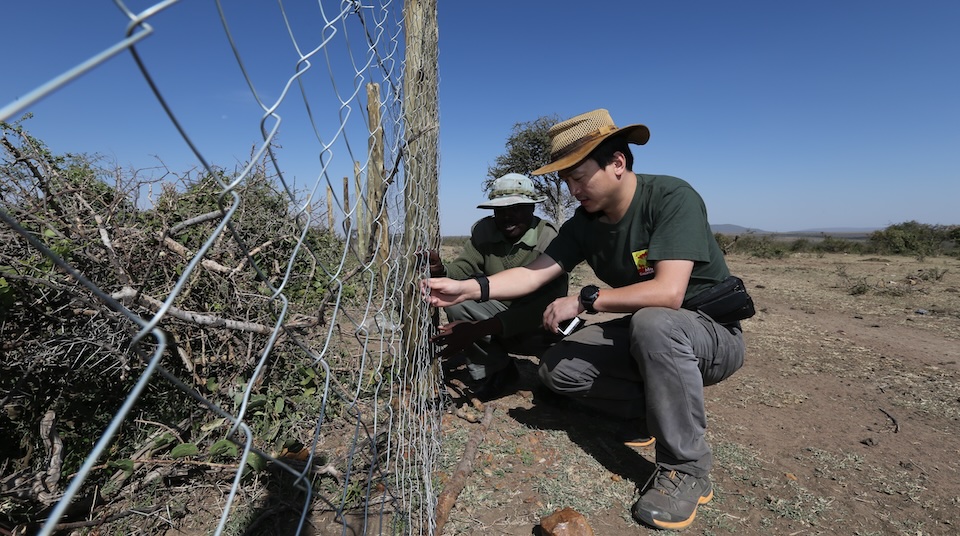
A section of the Chinese community in Kenya has joined unique conservation efforts to help protect the country’s animal diversity, which is also the second-largest in Africa.
At the heart of this is Qiang Zhuo, a Chinese national whom the Maasai community has baptized “Simba.” For the past 14 years, he has made the Maasai Mara, one of Kenya’s most popular tourist attractions, his home.
The East African nation is known as “The Home of Safari” due to its massive annual wildlife migration. As tourist numbers in Kenya increase, Qiang is working to ensure that this growth continues by protecting wildlife in the Mara, including lions which he said have increased from an estimated 400 to about 700 currently.

“With more safe space, I believe all wild animal species can thrive. There are a lot of challenges and threats confronting animals like human-wildlife conflicts, over-grazing, overpopulation, expansion of human settlements and mass tourism,” said Simba.
He added that from this, sustainable conservation presents an opportunity for tourism and wildlife stakeholders to explore partnership prospects and management to keep Kenya’s tourism industry afloat. This can be achieved through eco-tourism, which has the potential to be far more profitable for the local Mara community than the livestock business that underpins much of the local economy.
But farmers had to be persuaded their herds could be protected from lions, hyenas, and other wildlife that tourists would be keen to see on safari. So, Simba worked closely with local leaders to develop a creative solution that ensures the safety of both livestock and wildlife.
The solution, so-called “predator bomas,” are enormous 20-square-meter cages that allow cows, goats, and other livestock to walk freely without fear of nearby lions and hyenas that used to raid local farms.
With the introduction of these cages, many of which were paid for with the support of the local Chinese community in Kenya, Simba said farmers are much happier now that their herds are safe.

In June, Qiang hosted a Chinese delegation to attend the Kenya-China Wildlife Conservation Cooperation Forum, which showcases some of the country’s popular tourist attractions. The delegation, led by Xie Guangqi, chairperson of the Sichuan-Chongqing Chamber of Commerce in Kenya, donated cash and motorbikes.
The Chinese-made motorbikes will be used by wildlife protection officers to patrol the Mara against both poachers.
In this cross-cultural collaboration, Qiang’s initiatives demonstrate that sustainable conservation and eco-tourism can create a harmonious balance between economic development and wildlife protection.
Simba hopes that his efforts will boost tourism during Kenya’s peak season, which runs from June to September.

